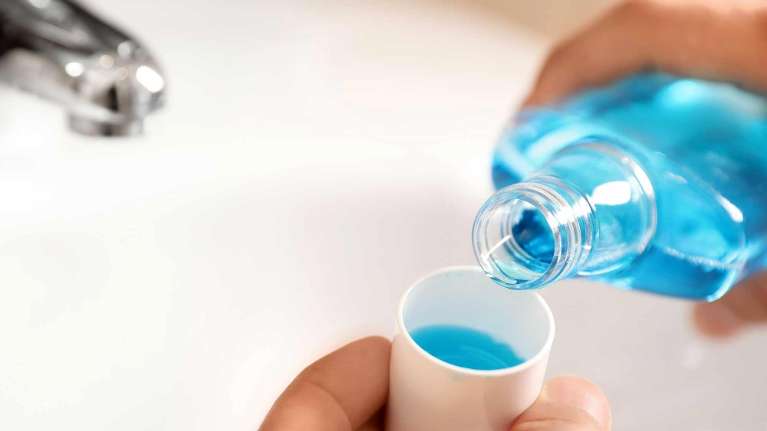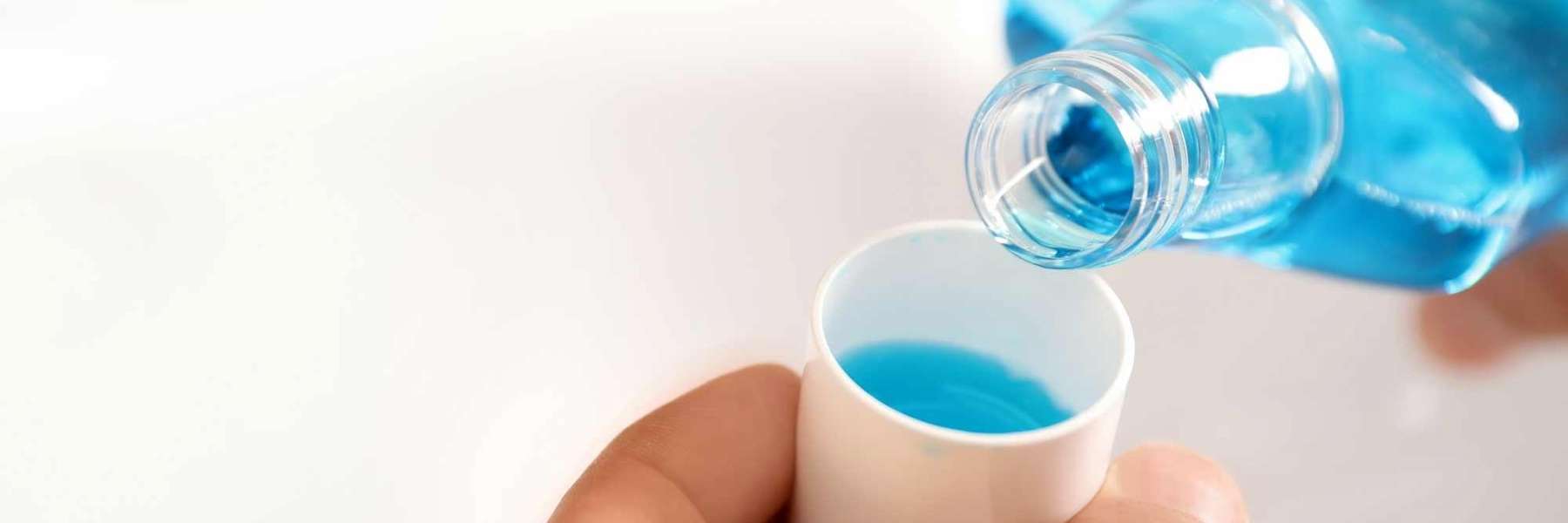
A question I often get from patients is should I be using a mouthwash and what kind is best? The short answer is that it depends!
The long answer is that each situation is different, and there are many different types of mouthrinses available. So depending on what a patient’s need is, they may be better off with certain types of mouth rinses. I’ll provide a brief summary below.
For the generally healthy patient, a mouth rinse is not essential. With proper brushing and flossing techniques, your mouth can be kept adequately healthy and it’s not necessary to add on a mouth rinse. In fact, I generally don’t recommend a mouth rinse as I fear it will provide a false sense of security and patients may slack off in their brushing/flossing because they assume the mouth rinse is taking care of some of the work! That being said, if you stay on top of your brushing/flossing and enjoy the fresh feel of using a mouth rinse, it can add an additional protection against cavities and other oral diseases.
For patients with bad breath, the addition of a mouth rinse to their oral hygiene routine can be a great option. Bad breath is often caused by bacteria associated with oral disease and/or dental plaque accumulation. In these cases my first recommendation is to get a professional dental cleaning, get on a regular cleaning schedule, and work on personal oral hygiene routines. Mouthwash can be a great add-on in these cases but never a replacement for professional cleaning and brushing/flossing. In these cases, look for mouthwashes with antimicrobials for killing the bacteria that create the bad odor. Common antimicrobials used in mouthwashes include chlorhexidine, chlorine dioxide, and essential oils. Other mouthwashes that do not contain antimicrobials may help for the short term with a cosmetic fix, but for long term results you want the antimicrobials in the mouthwash.
For plaque and gingivitis, mouthwashes with antimicrobials can be useful. This can be especially helpful in patients whose gingivitis is advanced and they cannot comfortably brush their teeth. An antimicrobial mouthwash can be useful as they are getting back on track and bringing down the inflammation level to a comfortable place where they can continue brushing/flossing like normal.
For whitening teeth, certain mouthwashes can be used. These mouthwashes may contain hydrogen peroxide or a similar chemical alternative. Studies show that these mouthrinses may work as well as using the traditional whitening gels dispensed by dental offices.
Topical pain relief. For some patients with painful oral conditions a mouthwash may be prescribed to provide some comfort. These mouthwashes contain a topical local anesthetic, often including lidocaine, benzocaine, or phenol. Other chemicals are often added to this mouthwash to treat the patient’s clinical issues.
For patients with dry mouth, mouthwashes can be your best friend. Mouthwashes become a replacement for saliva for patients that are not producing a sufficient amount. These rinses can provide considerable comfort for patients doing daily tasks such as eating/speaking. Keeping the mouth lubricated also helps prevent future cavities.
In summary, mouthwashes can be useful in certain situations. As mentioned several times throughout this article, mouthwash is NEVER a replacement for brushing/flossing but at times can be a useful additional tool to use, particularly for patients with circumstances requiring extra care. If you still have questions about whether or not mouthwash would be good for you, please ask us at your next visit!
Jared Hamblin, DDS
